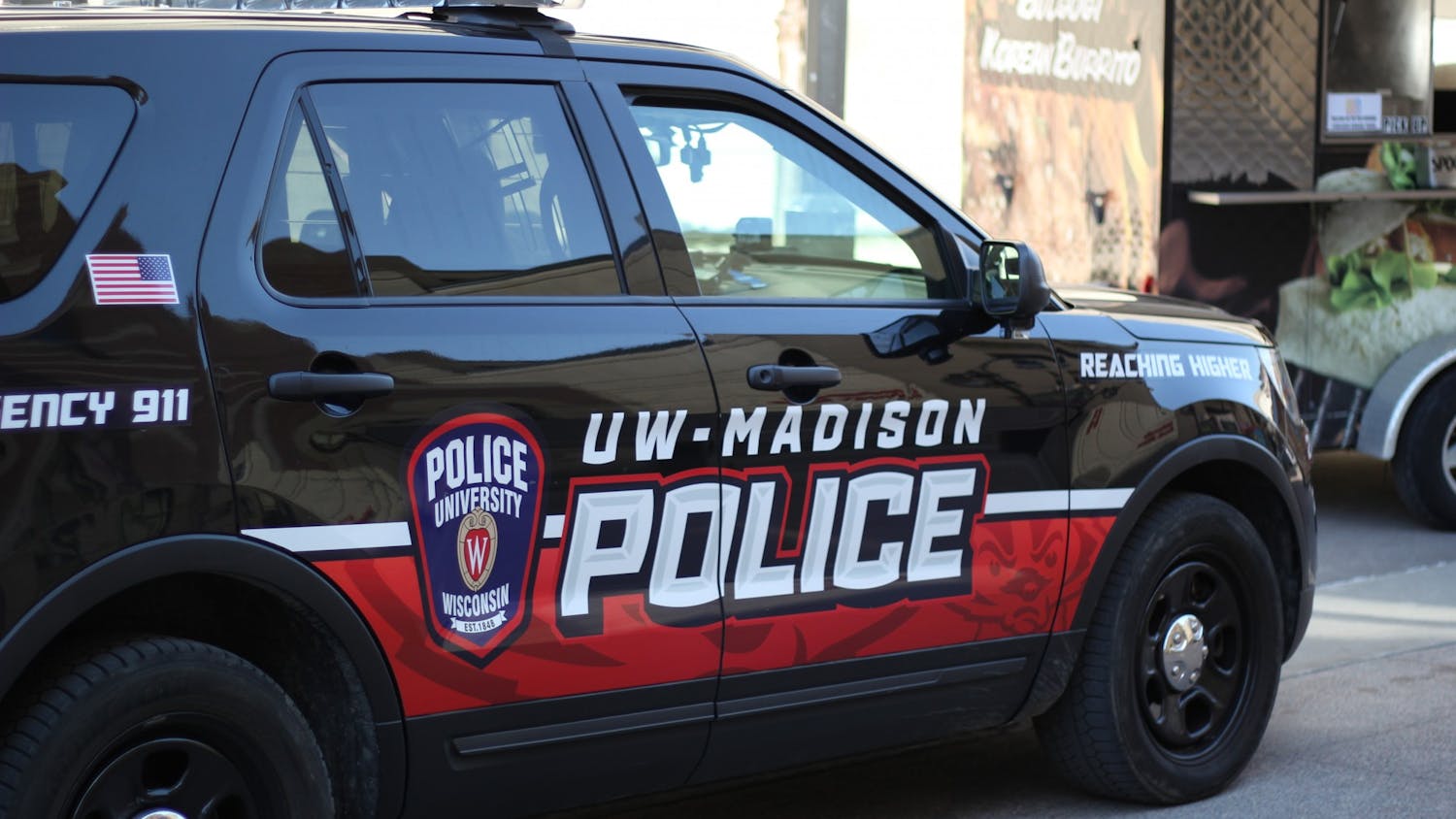Much has been made of the relative lack of \true Republicans"" in this year's GOP convention. This gripe is certainly legitimate with the exception of Dick Cheney. An unfortunate array of country music stars and the unending sea of white faces in the crowd, there is very little about this convention that is Republican.
However, the Democratic assertion that this convention is a facade, while true, is hypocritical. Much like the Republicans are trying to show their less controversial side, the Democrats put on a pageant categorically designed to remove any biting critiques by the Bush Administration. When the pageantry comes to a close, whoever wins the election will simply revert to what has come to be expected from them: Kerry will raise taxes, expand entitlement benefits like welfare and restrict free enterprise. Bush will reduce individual liberty, continue deficit spending and pursue an interventionist foreign policy.
All the big names at the Republican convention are moderate by any measure. Rudy Giuliani, Sen. John McCain, D-Ariz., and Arnold Schwarzennegger all headlined, and Sen. Zell Miller, D-Ga., was the keynote speaker. However, the Democratic convention had its share of decidedly un-Democratic speakers.
Bill Clinton is perhaps one of the most right-leaning Democrats of our time, supporting the death penalty for 60 violent crimes, supporting charter schools and overseeing the passage of NAFTA.
In addition, Bill Richardson, the governor of New Mexico and the chairman of the convention voted to make it harder to appeal a death penalty sentence and has been a consistent proponent of reducing income taxes and expanding regional trade with Mexico.
Most important, however, was the fact that each speech at the Democratic convention was required to pass a rigorous screening process by the Kerry campaign. The Kerry camp made sure that individuals like Michael Moore would not be seen in front of a camera. Al Sharpton, the only speaker able to communicate the vitriol that every delegate truly felt and still feels toward President Bush, did so by giving a speech twice the length of his prepared, approved remarks.
In this way, the Democrats sought to liken themselves as moderates, at times taking stances that could only be described as conservative. Kerry focused on his service in Vietnam, his commitment to strengthening the military and his plan for cutting taxes, not exactly a historically Democratic issue. Both Kerry and those who spoke highly of him largely avoided controversial issues like gay marriage, abortion and welfare.
In much the same way, the Republicans are using the stage in an attempt to convince the public they will keep the nation safer and that the war on terror is a mandate to reelect their candidate. They refuse to touch gun control, gay rights, stem cells, the current situation in Iraq or their large tax breaks, the majority of which most directly benefited the wealthiest individuals.
Both these conventions used their airtime to present an image of sterilized centrism. While both sides will accuse the other of being disingenuous, the election will pass, the parties will no longer see a need to appeal to moderates and they will prove just how much neither of these conventions is based in reality.
Nathan Arnold is a sophomore majoring in political science and journalism.





